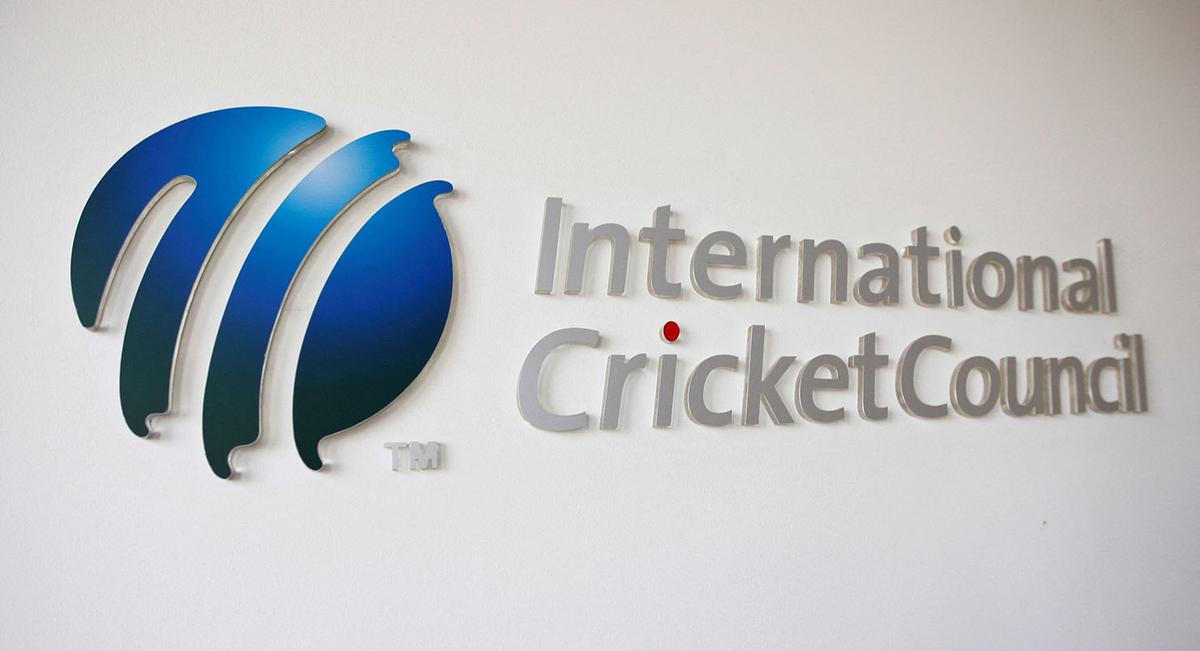The spectre of corruption in cricket continues to challenge the game’s administrators, however, one potential approach from a former Kenya international to a player from Uganda in the ongoing T20 World Cup was dealt swiftly by the sleuths of ICC’s anti-corruption unit.
PTI has learned that the incident took place during the league stage matches in Guyana where a former Kenya pacer tried to contact a Ugandan team member multiple times from different numbers. The Ugandan player reported the approach to the ACU officials on site, in accordance with the ICC’s strict anti-corruption protocol.
The development prompted the officials to raise a red flag against the former Kenya player by informing all the associate teams about him.
‘Soft targets’
“It is not a surprise that this person targeted a player from the Ugandan national team. Associate nations, as compared to the big teams, are soft targets for corruption, but in this case, the player who was approached did the needful by informing the ICC at the earliest,” a source told PTI.
Uganda ended their T20 World Cup campaign with a memorable win over Papua New Guinea and losses to Afghanistan, New Zealand and the West Indies in Trinidad on Friday. Uganda, first-timers in the competition alongside Canada and co-hosts USA, played three of their four league games in Guyana.
“Players are approached all the time, more so from smaller nations. In bigger events like T20 World Cup, there is more scrutiny and if an approach is conveyed to the ICC ACU, then due protocol is followed and a proper investigation is conducted,” said another source.
The failure to report a corrupt approach is an offence under the ICC’s anti-corruption code. The other offences include match-fixing, betting on the game, misuse of inside information and failing to co-operate with an investigation.
ICC’s new anti-corruption rules
With effect from June 1, the ICC tweaked its anti-corruption code to empower the governing body and its member boards to “to proactively and thoroughly investigate incidents of corruption in the ongoing effort to protect the integrity of the game.”
“The anti-corruption code covers all cricket (whether international or domestic) played under the auspices of the ICC and its Members and applies to all Participants; player, coach, trainer, manager, selector, team owner or official, doctor, physiotherapist, match referee, pitch curator, player agent, umpires, as well as ICC and NCF Officials.
Participants are bound by the Code for two years after they have last participated in any form of official cricket.
“The maximum possible sanction for the most serious breaches of the Anti-Corruption Code is a life ban from all involvement in the game. In some countries, there is also the possibility of criminal sanctions,” reads an extract from ICC anti-corruption code for participants.
All the international players are regularly briefed about a potential threat and are well-versed with the anti-corruption code. Corrupt approaches at big ticket events are not new.
Back in the 2011 ODI World Cup in India, Canada’s then 20-year-old wicket-keeper Hamza Tariq was approached by alleged bookmakers. He duly reported the matter to the authorities.
month
Please support quality journalism.
Please support quality journalism.

